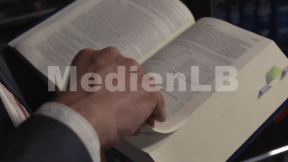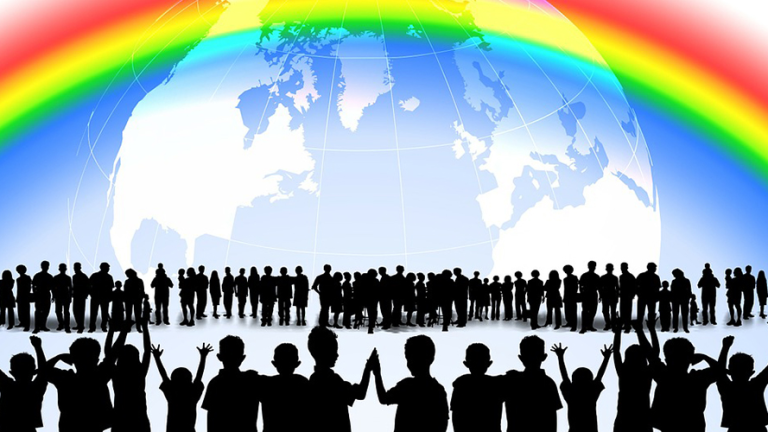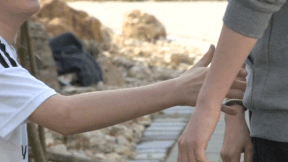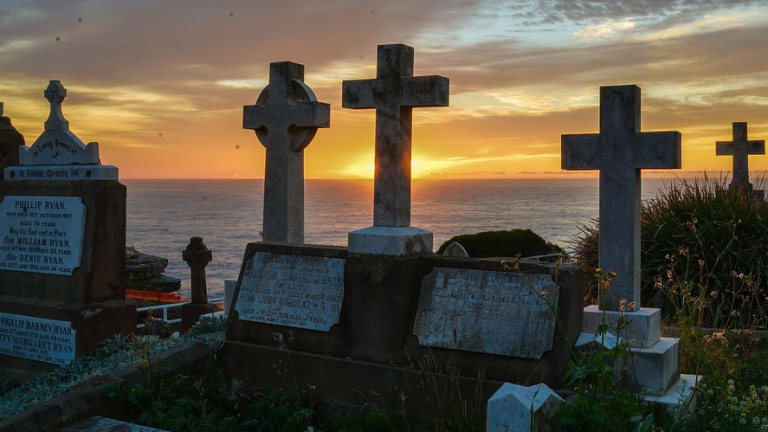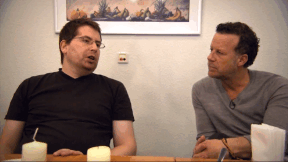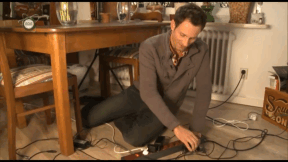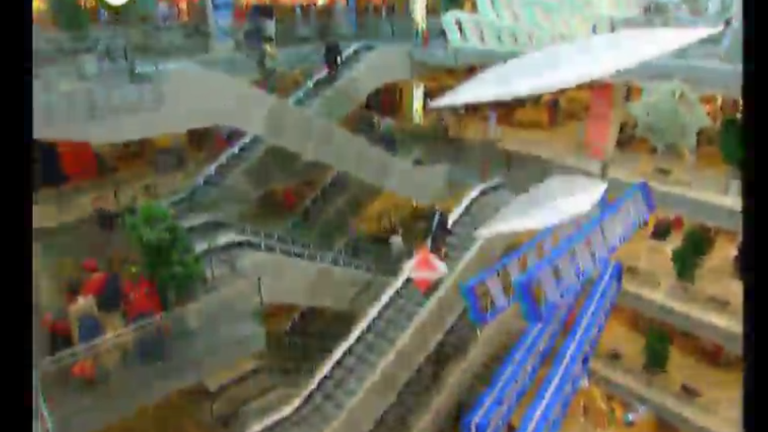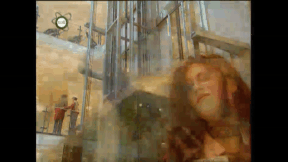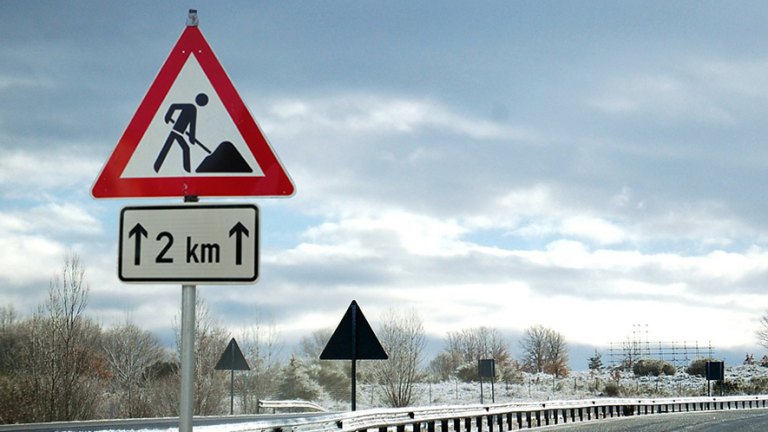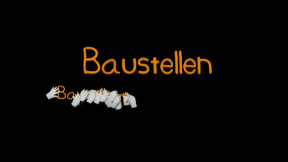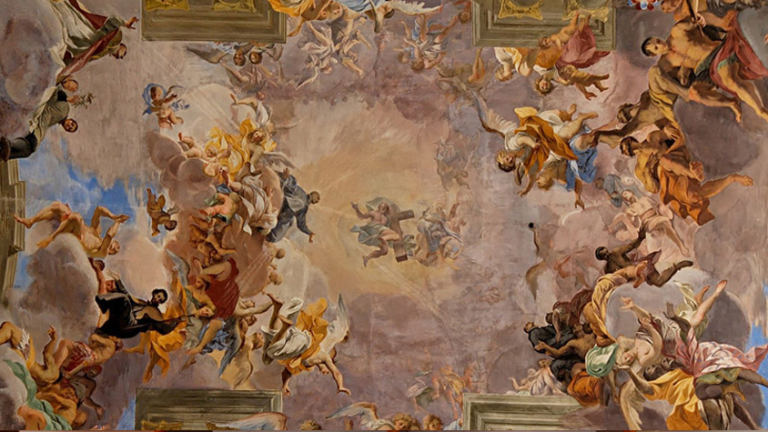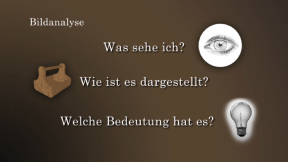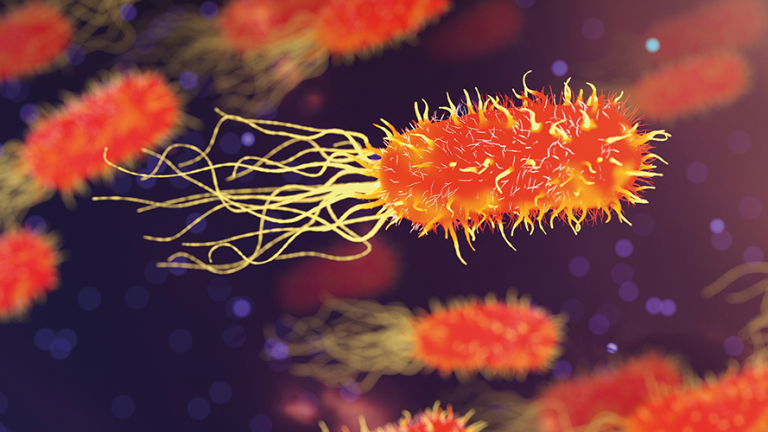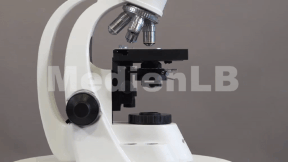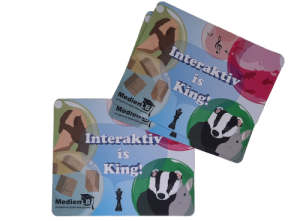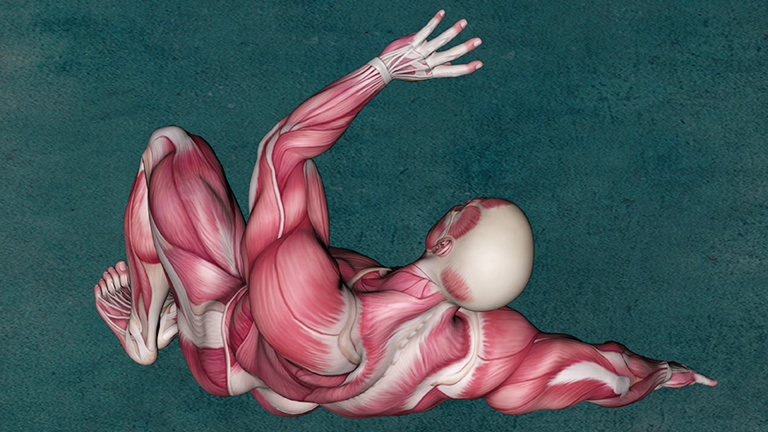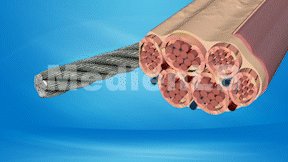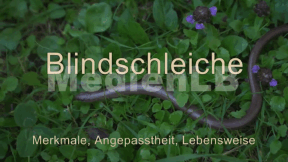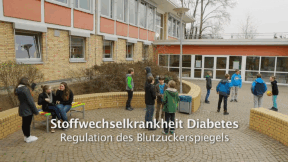Suche:
- # Artistry
- # Biology
- # Chemistry
- # Ecological
- # Economy
- # English
- # Foreign Language
- # Geography
- # German
- # Health
- # History
- # Informatik
- # Latin
- # Mathematics
- # Media Education
- # Music
- # Physics
- # Politics / Civics
- # Preschool
- # Primary School
- # Religion
- # Society
- # Sports
- # Technology
- # Training of Teachers
- # Vocational Education
Rights and Obligations
Three girls of different ages: Anna is 17, Paula 15 and Lena 13. Before the law, their respective ages have consequences – because children and adolescents have different rights and also obligations.
Learn moreTolerance
“Tolerance means being generous and kind to other people and helping them, too.”
Learn moreDer Tod gehört zum Leben
Es gibt wohl kaum einen Aspekt unseres Lebens, der ähnlich eng mit ihm verknüpft ist, den wir aber dennoch gerne so weit wie möglich von uns weisen: den Tod.
Learn moreGeht es auch ohne?
Ist es Joey überhaupt möglich, einen ganz normalen Einkauf zu tätigen, ohne dass Plastik in ihrem Einkaufswagen landet? Das Moderatoren Duo macht die Erfahrung, dass es eine Welt ohne Plastik kaum gibt. Unser tägliches Leben wird durch Plastik bestimmt: vom Smartphone, den Schuhen bis hin zur Softdrinkflasche und auch dem Fernseher. Das große Problem des Plastikmülls ist die schlechte Recyclingfähigkeit. Plastik hat als Müll eine extrem lange Lebensdauer und ist insbesondere in Länder ohne funktionierendes Recycling ein nicht gelöstes Umweltproblem.
Learn moreKaufhaus
„Schau dich schlau!“ begibt sich in eine der ältesten deutschen Warenhausketten und zeigt an diesem Beispiel, was alles nötig ist, damit die Kunden sorgenfrei einkaufen können.
Learn moreBeatbox
Beatboxing ist eine Technik der Stimmenimitation, die seit den 1980er Jahren eine weite Verbreitung vor allem in der Hip-Hop-Musik gefunden hat. Beatboxing sorgt stets für großes Erstaunen, wenn die Bestandteile eines Schlagzeugs, Kick Drum, Hi Hat und Snare Drum verblüffend realistisch nachgeahmt werden.
Learn moreConstruction Sites
At a road construction site mostly the old road is removed with a big road miller. Sometimes a digger helps and carries the large parts away. They are loaded onto a truck. With the tar machine the road is newly tarred. Tar is a mixture of gravel, sand and crude oil. Here the tar is still very hot. When it cools down, it becomes very hard and the cars can drive on it. A new motorway or country road is created.
Learn morePicture Analysis
Picture analysis is a reliable method of revealing the secrets of works of art. Let us take for example the portrait of a child. There would have been innumerable ways of depicting the child but the painter painted it specifically the way he did and not otherwise. Why? What did he want to express? And what painter’s tricks did he use in doing so? It is worthwhile examining the picture in detail to unravel the message of this work, after all, the painter invested a lot of time and effort in it. Those who occupy themselves intensively with a work of art do not only learn more about the artists’ technical subtleties. In the process, they also go on a journey back through time, to forgotten customs and habits. It is a dive into the everyday lives of our forebears, their wishes and dreams.
Learn moreMikroskopieren lernen
Das Mikroskop öffnet den Blick in die riesige Welt des Allerkleinsten.
Learn moreMuscles
When we talk about muscles, we mostly think of those we can see. These are the arm, chest, abdominal and leg muscles.
Learn moreSlow Worm
The slow worm is a small, completely harmless lizard, which – contrary to its German name “Blindschleiche”– is perfectly able to see and is often mistaken for a snake because it has no legs and an elongated body. The German name is presumably derived from the Old High German word “Plintslicho”, which means “blinding sneaker”. This probably refers to the pretty, shining skin surface of the slow worm.
Learn moreMetabolic Disorder Diabetes
Big break in the school yard of the Freiherr vom Stein school. The pupils are talking or playing. Amidst them is Felix, twelve years old. He is always with them. Now it is necessary for him to measure his blood sugar because he has diabetes. The blood sugar level is permanently elevated in this disease.
Learn more




